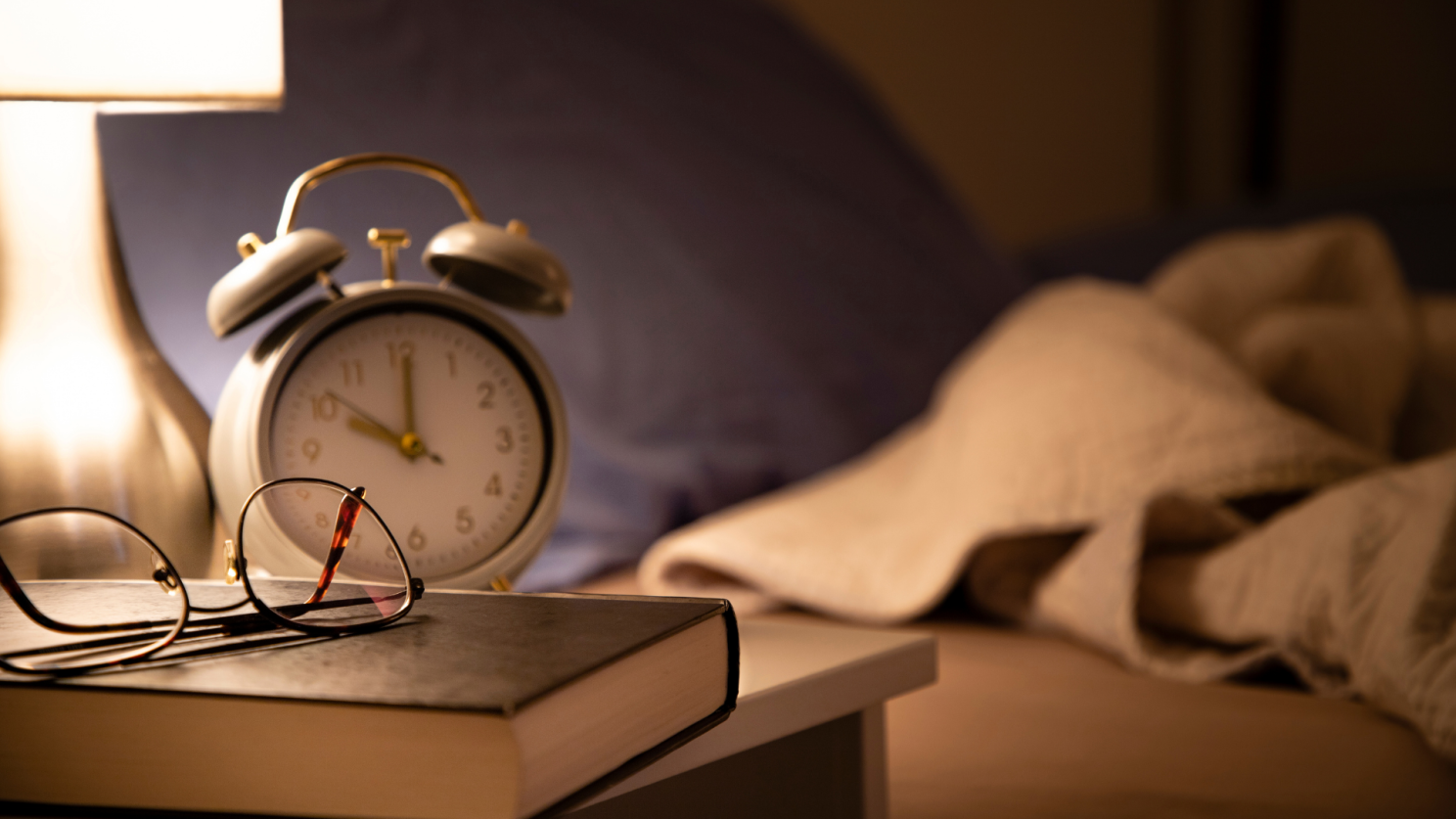The start of the new year is a motivating time to reflect, reset, and write…

The Ultimate Nighttime Routine for Online Educators
Last week, we explored the power of a solid morning routine to set the tone for a productive day as an online educator. But just as important as how we start our day is how we end it. An intentional nighttime routine doesn’t just lead to better sleep, it also helps reduce stress the next day, boosts mental clarity, and supports long-term well-being.
If you’re teaching from home or working with students across different time zones, winding down can be tricky. A consistent nighttime ritual can make all the difference. Here are some simple yet effective habits to help you end the day with calm and relaxation.
1) Stick to a Regular Bedtime

Try to go to bed at the same time each night, even on weekends! This can help regulate your body’s internal clock, making it easier to fall asleep and wake up feeling refreshed. Try not to schedule a class too close to bedtime if possible. Give yourself time to unwind at the end of the day.
Tip: Calculate your bedtime to be nine hours before you need to wake up. That’ll ensure you get at least 8 hours of sleep, which is what your body needs to function optimally.
2) Don’t Eat or Drink Before Bed
Late-night snacks or a big meal can disrupt your sleep. Try to avoid heavy foods and limit liquid intake right before bed to prevent any unwanted wake-ups during the night. It’s generally recommended to stop eating three hours before bed to give our bodies enough time to digest the food and prevent possible sleep disruptions. Although drinking some water before bed is good to keep yourself hydrated, don’t drink too much as you might wake up multiple times throughout the night to use the bathroom.
Tip: Keep a bottle of water near your bed so you can have a drink when you want, rather than chugging water right before bed.
3) Prepare for the Next Day’s Classes
Before you get ready for bed, take 10-15 minutes to prepare for tomorrow’s classes. Review your schedule, tidy up your workspace, and lay out any materials you’ll need. This small step can prevent a hectic start in the morning and help you log off with a clear mind.
Tip: Have a checklist of small tasks to get done at night to prepare for classes the next day.
4) Power Down Electronics

An hour before bed, shut off your laptop, put your phone on silent and away from you and turn off all other devices. The blue light from screens can interfere with your sleep cycle, and mentally disconnecting from those devices allows your brain to slow down and shift into rest mode.
Tip: Put your phone physically far from you so you’re not tempted to reach over and check your notifications. That’ll also help you get up in the morning as you have to physically get out of bed to turn off your alarm.
5) Do Something Relaxing
Swap your screen for a calming activity. Read a chapter of a book from a physical book or an e-reader, stretch gently, or sip a warm cup of tea (without caffeine, of course). Activities like knitting, drawing, or listening to soft music can help signal to your body that it’s time to unwind and rest.
Tip: You can combine a few of these activities together if you’d like. Crochet while listening to music accompanied by a cup of tea!
6) Reflect and Journal, Celebrate a Small Win
Take a few moments to reflect on your day. What went well? What could be improved? Journaling your thoughts or simply noting one small win helps you end the day with gratitude and perspective. Maybe a student did something to make you proud, or you learned a new function on your teaching platform. Acknowledging these moments reinforces positivity and gives you a sense of accomplishment.
Tip: Put a journaling book next to your bed and spend a few minutes each night to write down whatever comes to mind.
7) Set the Mood for Sleep

Create a peaceful environment in your bedroom to ensure you get the best quality sleep possible. Turn off the lights (use blackout curtains, if necessary), lower the room temperature slightly, and make sure your space is clean and clutter-free. Consider using calming scents like lavender or playing white noise if it helps you sleep better.
Tip: Experiment with different sleeping arrangements to see what works best for you.
How do you wind down after a day of teaching? Share your favorite nighttime routines in the comments below!



